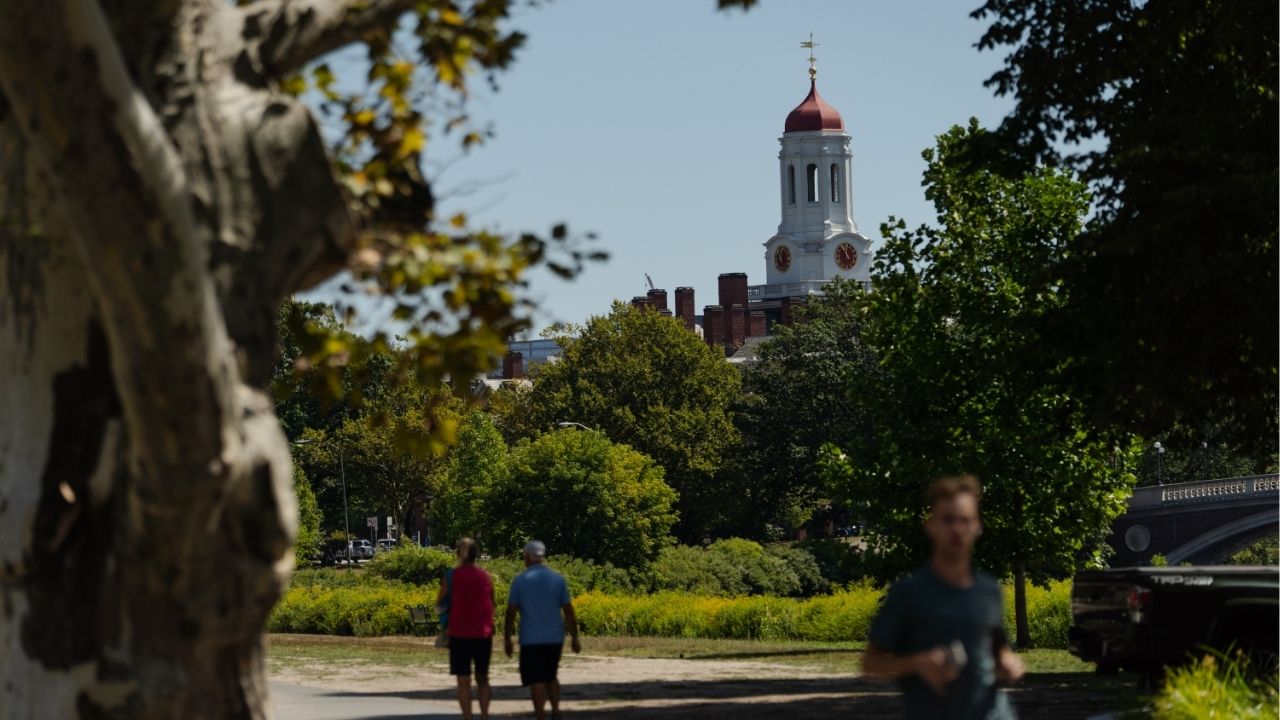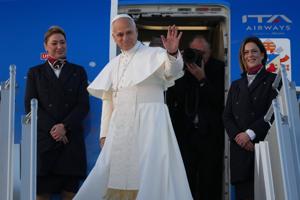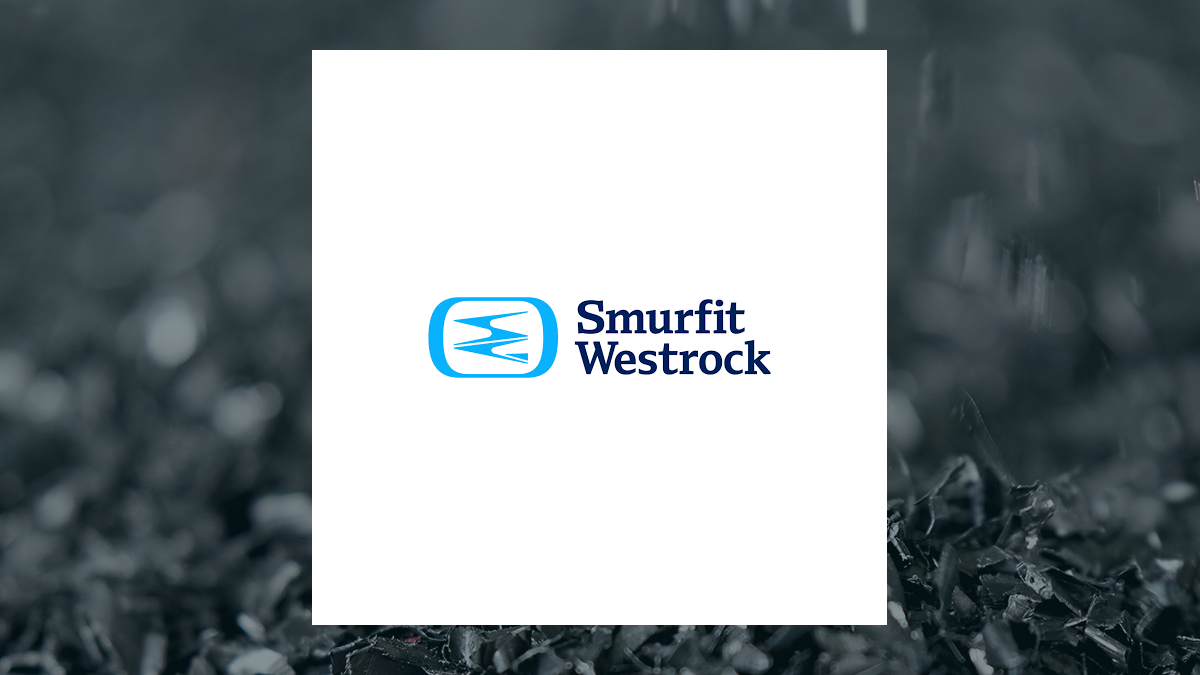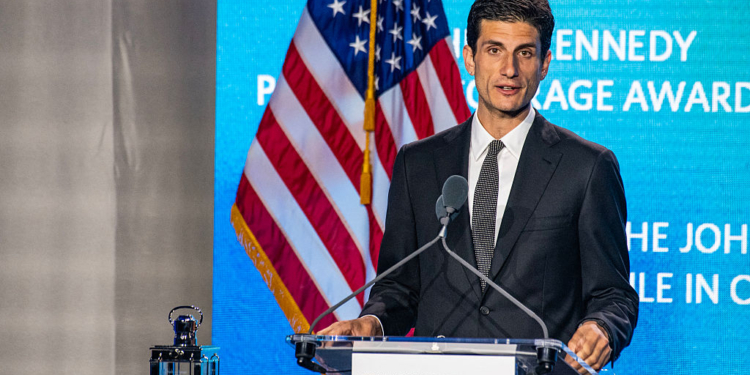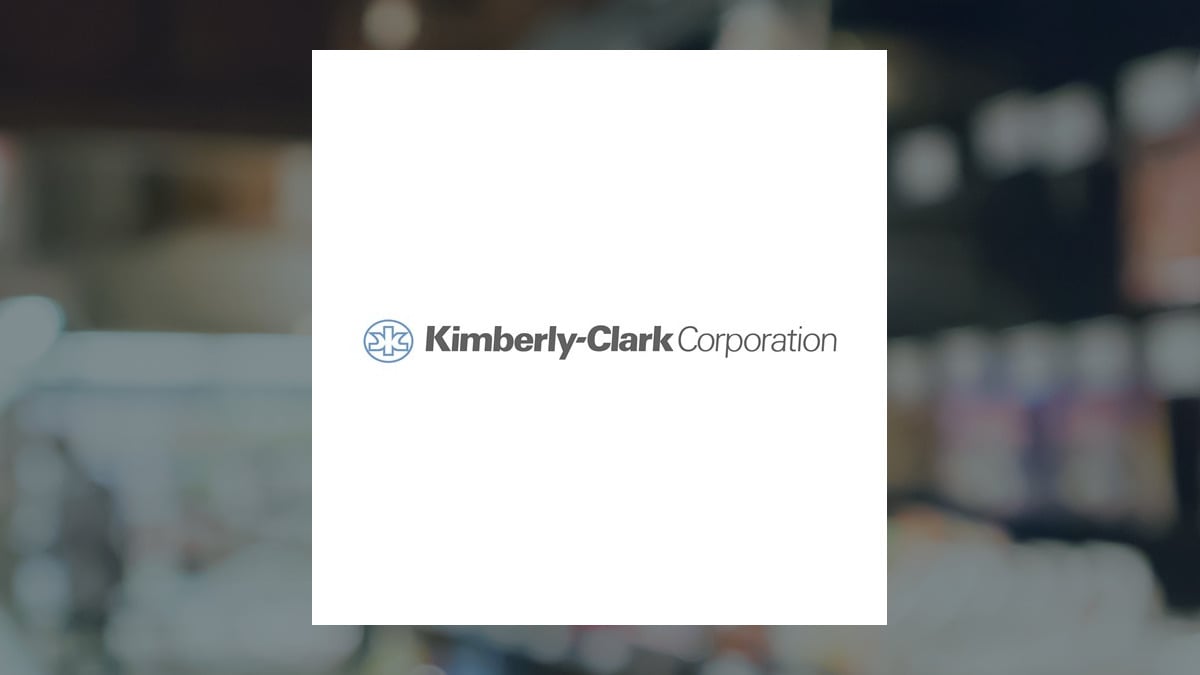Albuquerque is gearing up for a highly anticipated mayoral runoff on December 9, 2023, after no candidate secured the required majority in the recent election. Current Mayor Tim Keller received 35.6% of the votes, while former Sheriff Darren White garnered 30.9% in a competitive field of five candidates. This runoff election is crucial, as the winner will shape the direction of New Mexico’s largest city.
In Albuquerque, the election rules stipulate that candidates must achieve over 50% of the votes to win outright. If no candidate meets this threshold, a runoff is necessary. This system sets Albuquerque apart from Santa Fe, where a winner can be determined on Election Day with the implementation of ranked choice voting. This method allows voters to express preferences for multiple candidates, eliminating the need for a runoff and associated costs.
The upcoming runoff features a stark contrast in political visions. Keller, a Democrat, is vying for a third term, emphasizing the progress made during his tenure, including initiatives like the Gateway Center, which aims to address homelessness in the city. Keller’s administration has reported decreases in both violent and property crime rates, which he attributes to ongoing community-focused efforts. He argues that his work is not finished and seeks to continue improving conditions for Albuquerque residents.
In contrast, White, a Republican, is framing his campaign around a tough-on-crime narrative. With a long history in New Mexico politics, White previously served as Bernalillo County sheriff and has held various other positions, including public safety director for Albuquerque. His campaign promises include enhancing police authority and addressing homelessness, although critics question the feasibility and implications of his proposals, particularly regarding the treatment of vulnerable populations.
As residents of Albuquerque prepare to make their choice, the implications of this election extend beyond the city. The contest reflects broader issues facing New Mexico, including rising living costs and public safety concerns. Each candidate’s approach to these challenges presents voters with a critical decision that could impact the entire state.
The runoff also raises questions about voter engagement. Historical data indicates that turnout can fluctuate significantly in runoff elections. The outcome will be determined by whether Albuquerque residents mobilize to support their preferred candidate and the overall vision for the city’s future.
While Keller’s supporters highlight the importance of continuity and the progress made, White’s backers advocate for a change in leadership to address current issues more aggressively. The upcoming weeks will see both candidates ramp up their campaigns, aiming to sway undecided voters and secure their position in the city’s governance.
As Albuquerque navigates this pivotal moment, the contrasting platforms of Keller and White are set against the backdrop of a city grappling with complex social challenges. Voters will ultimately decide whether to uphold Keller’s vision or embrace White’s approach, with the outcome poised to influence the city’s trajectory for years to come.


